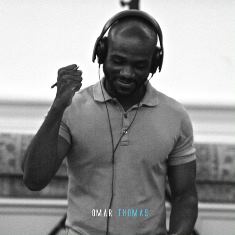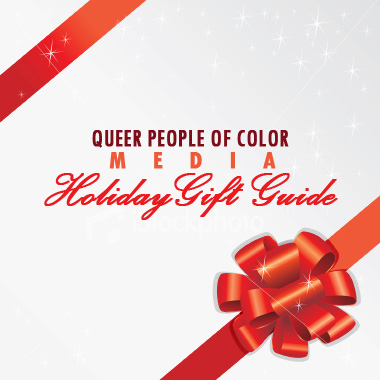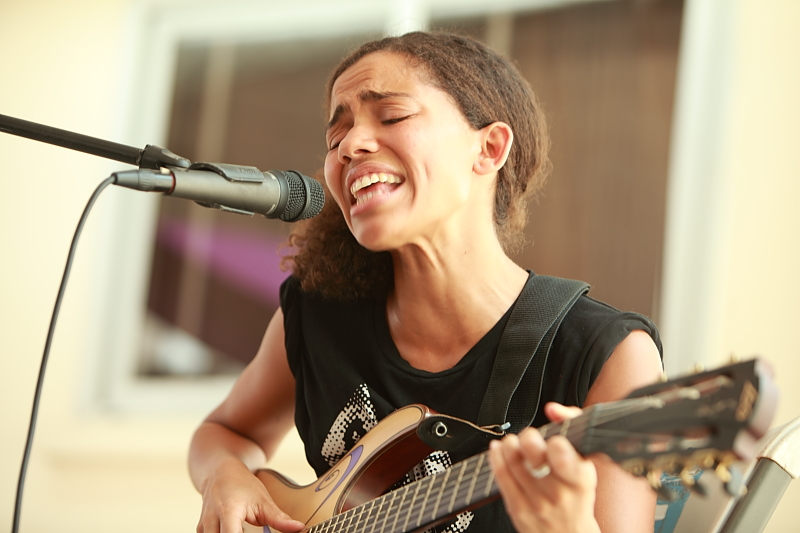I thoroughly enjoyed this interview with award-winning composer, Omar Thomas, about his new album, 'We Will Know', a monumental work of art that breathes new life into the word "movement". Inspired by the popular civil rights protest song, "We Shall Overcome", Omar has just gifted the (U.S.) LGBT civil rights…
-
-
Afrofeminism - Blog - Books - Creative Corner - Film - Gender and LGBT Issues - Media - Music - Race, Culture, Ethnicity
10 Books, Films, and Music by Queer People of Color That Would Make Excellent Gifts
As a follow up to my last piece about how media can help facilitate "coming out" or facilitating important conversations about sexuality over the holidays, I've compiled a list 10 of my picks for books, film, and music created by queer people of color that would make excellent gifts! If…
-
African Women’s Organization Partners with Nigerian Artist NNEKA to Promote Women’s Rights Through the Arts
On February 16th, 2012, Africa Women's Development Fund out-doored NNEKA (one of my favorite Nigerian artists) as their first Ambassador of the Arts. NNEKA was born in Warri, Oil City in the Delta region of Nigeria at the height of its new found wealth in the mid 70s. Her lyrics…


